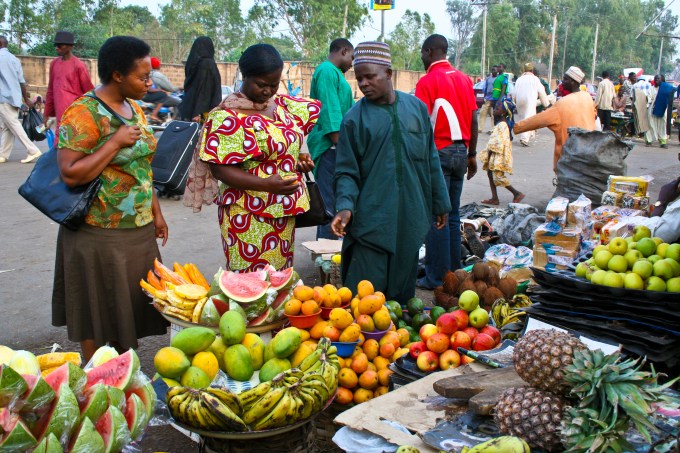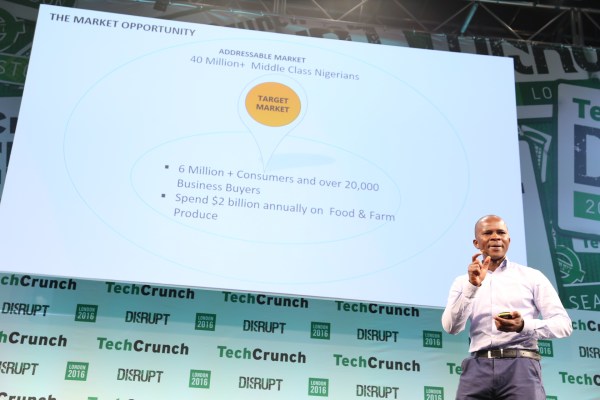Uchay Ariolu, the founder of Foodstantly, has been working in the food industry for most of his life. His father was in the industry, and Ariolu himself began investing in the meat industry before he went to college.
After school, Ariolu founded the fast food chain Roastables, which grew to five restaurants in the oil rich port city of Port Harcourt, Nigeria.
The country’s second most economically robust city behind Lagos, Port Harcourt is one of the two cities where Foodstantly is currently operating, according to Ariolu.
Operating a service delivering food to both consumers and hotel chains and restaurants, Foodstantly is hoping to make the process of shopping for food more transparent and safer for all Nigerians (and ultimately across Africa).
According to Ariolu, roughly 90 percent of Nigerians shop in open air markets that are dirty, disorganized and opaque from a pricing perspective. Foodstantly is trying to change that with ready-to-make food kits and fresh groceries and wholesale meats, poultry, fish and produce.
The idea for Foodstantly came to Ariolu as he struggled with shopping for food for his own business.
“The food business in Nigeria is full of informal traders and no infrastructure,” says Ariolu. “The open air markets are dirty disorganized and highly informal. [Consumers] want convenience. As much as 90 percent of foods are purchased in the informal sector. Five percent of the population use grocery stores.”

An open air fruit market in Nigeria. Photo courtesy of Flickr/Andrew Moore
Foodstantly lets farmers and food processors upload a profile and begin selling in minutes. Quality control is handled by the company’s own delivery providers and customers who provide feedback on the quality of goods that are bought from different vendors.
If vendors fall below a certain rating, Ariolu says they are removed from the service.
So far, Foodstantly has 1,000 sellers and roughly 3,000 registered buyers for its service. Consumers can buy food by category, location, or cuisine. Because the company sources locally, Ariolu says deliveries happen in no more than 45 minutes.
The company takes a cut of anywhere from 5 percent to 15 percent to 20 percent from its vendors and is already generating revenue in Port Harcourt and Lagos off of 300 transactions per month.
Working alongside Ariolu on the company are two co-founders, Lebura Soarokibor who is heading up logistics and Larote Badom, who’s heading up marketing and business development at the company. The only cash that Foodstantly has received is a $5,000 grant from the Tony Elumelu Foundation, and Ariolu is looking to raise capital to grow the business in Nigeria and eventually take the service across Africa.
“Right now we have validated the market, we have recorded revenue and we need growth capital,” Ariolu says. “We think we can build this Africa-wide. We will launch in other African countries as we grow.”
There’s already a precedent for these types of companies raising capital from investors in the U.S. or Europe. No less illustrious an investor than Y Combinator has backed a similar business in India called Kisan Network.
In Nigeria, food spending is roughly $2 billion, and the majority of that is being done through these informal markets.
The company is planning to onboard 1 million farmers and retailers onto the platform through partnerships.
